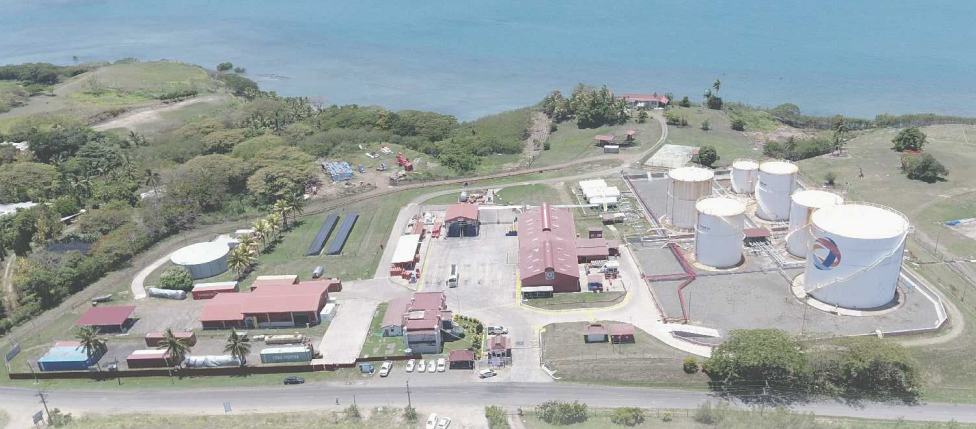FIJI’S Petroleum Act 1938, last amended in 1978, is being overhauled to strengthen oversight of the country’s fuel supply chain and bring regulations in line with modern standards.
Public Works Minister Ro Filipe Tuisawau told Parliament the law was outdated and left Fiji exposed to “substandard practices” because there was no clear regulatory mandate covering suppliers.
“While many local suppliers have voluntarily adopted responsible operating standards, the absence of strong legislation exposes us to risks across the supply chain,” he said.
The review is being carried out with technical support from the New Zealand Government and the Asian Development Bank (ADB). Initial findings show weaknesses in supplier accountability, compliance with infrastructure standards, and emergency response planning.
Ro Filipe said reforms were urgently needed to ensure energy security and support Fiji’s transition to renewable power.
“We need to strengthen supplier responsibility across the entire fuel supply chain, improve infrastructure compliance, enhance regulatory oversight, reform institutional arrangements, build capacity, and ensure robust emergency response planning and processes are in place.”
Although Fiji has committed to achieving 100 per cent renewable electricity generation by 2030, the minister said fossil fuels would continue to play a role during the transition.
He stressed the importance of balancing renewable expansion with strong safeguards for petroleum supply.
The new law is expected to establish clear responsibilities for suppliers, modernise compliance requirements, and strengthen institutional frameworks to improve sector governance.
“The review of the Petroleum Act is a key step in ensuring energy security for our nation while we move towards reducing reliance on imported fossil fuels,” Ro Filipe said.
“It is about making sure our laws are relevant, robust and able to protect Fiji today and in the decades ahead.”



